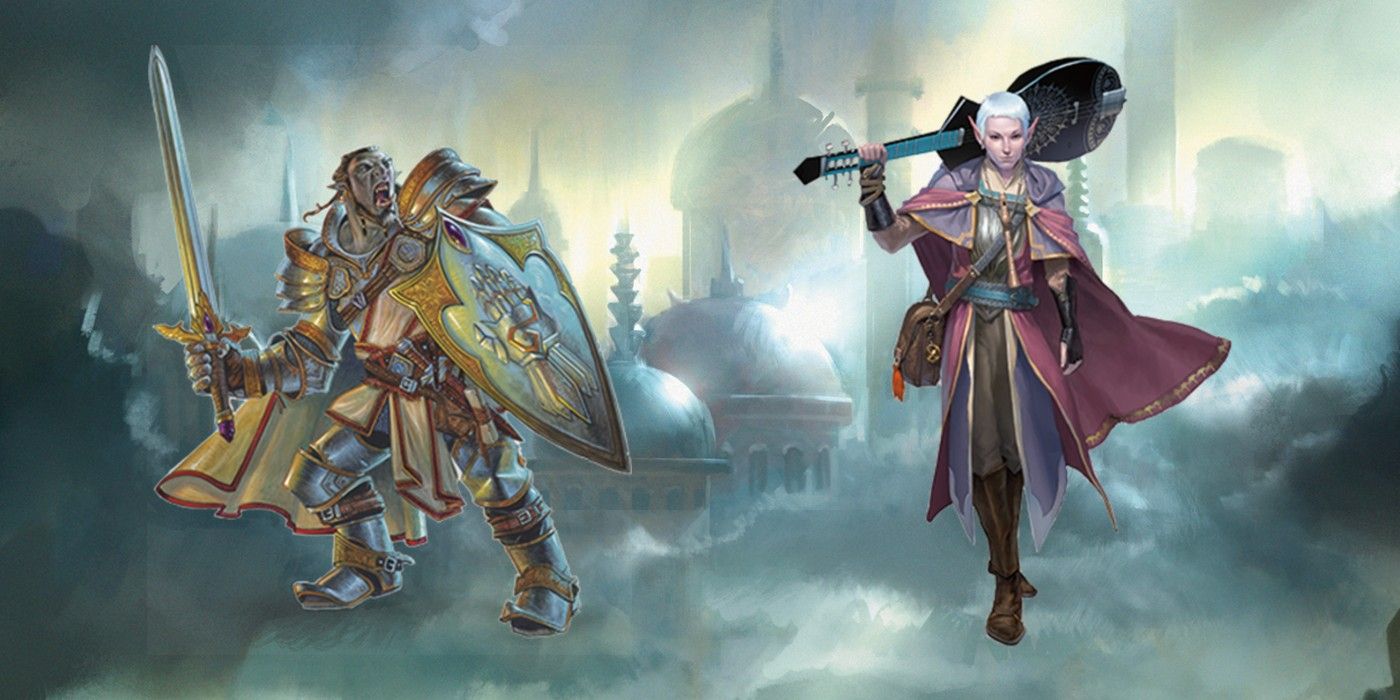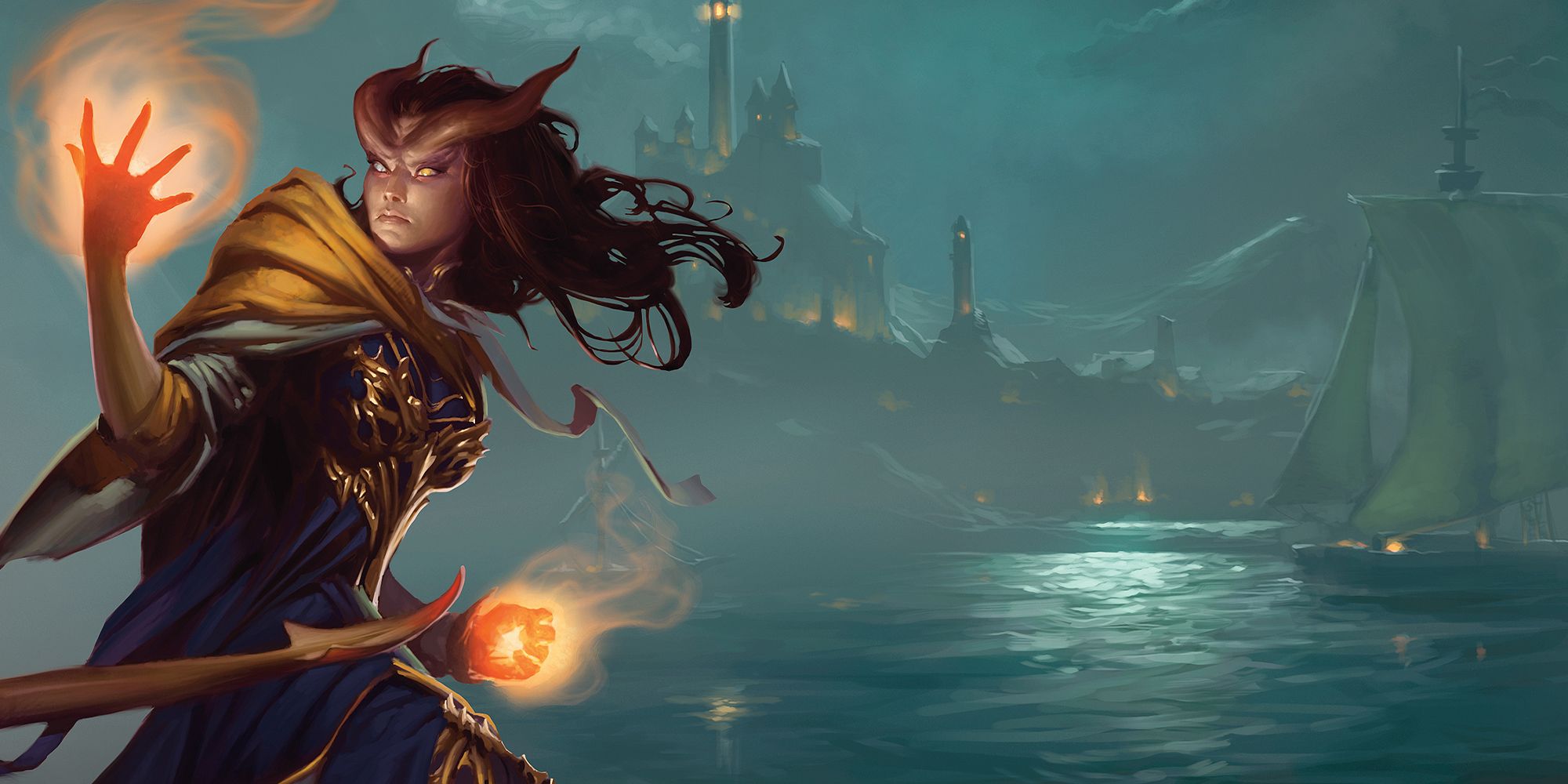Each of Dungeons & Dragon's 13 official classes have their own unique strengths, and it is those strengths that help characters fulfill specific roles in a party. For example, many of D&D's martial classes thrive as a tank who absorbs damage for their party, while classes such as the Cleric are often tasked with healing and supporting the group. In larger adventuring parties, characters can choose to be much more specialized in fulfilling an exact role, but with only two or three group members, versatility becomes more of a priority. Although every class brings some sort of utility to D&D party, a select few are ideal for fulfilling multiple roles at once.
Arguably the strongest class in all of Dungeons & Dragons, Bards are also the most versatile. As a full spellcaster, Bards can completely change the tide of an encounter with powerful spells such as Slow or Haste. With class features such as Bardic Inspiration and access to healing spells, Bard's are far and away one of D&D's best support classes. Thanks to their generally-high Charisma score and excellent skill proficiencies, Bards are also one of the best options for a party's "Face." Although Bards do require specific builds in order to thrive as damage dealers or tanks themselves, their pre-existing strengths make them desirable in any party composition.
Similar to the Bard, Paladins are a class capable of doing a little bit of everything in D&D. With access to Heavy Armor and Shields, Paladins can make use of their high health pools and operate as a tank on the frontline of every encounter. In addition to taking hits for the group, a Paladin's Lay on Hands class feature provides them with solid healing for themselves or their allies without the need to expend spell slots. So long as Dungeons & Dragons Paladins are careful with those spell slots, they can make ample use of their Divine Smite ability and deal out massive damage to their enemies. Paladin's aren't the best in D&D when it comes to fighting enemies from afar, but beyond that there isn't much they aren't built to handle.
Why Sorcerers Are Great For Small Parties In D&D
While both Bards and Paladins thrive in many areas, they can be limited when it comes to ranged damage, especially while fighting many enemies at once. Sorcerers in D&D are great for this exact reason, as armed with their spellcasting and Metamagic they can devastate large numbers of enemies. In addition, Dungeons & Dragons' Sorcerers are Charisma-based spellcasters who make decent Faces and have subclass options that provide them with more bulk or even healing, something that separates them from the likes of Wizards.
A party composed of a Paladin, Sorcerer, and Bard would certainly be a formidable one in Dungeons & Dragons, but they are not the only versatile classes in the game. Both Clerics and Druids can also fill many roles at once for a party, since they are both full spellcasters that have ways of fighting on the front line and supporting their allies. For both of these classes, the chosen subclass is important for determining what roles they can thrive in, so players should keep this in mind if their character is a part of a smaller D&D party.
Although some classes tend to me more multi-faceted than others in D&D, that should not discourage players from choosing the class that interests them most. Whether a campaign features two player characters or ten of them, it is the Dungeons Master's job to ensure that encounters are balanced fairly in Dungeons & Dragons, which means that no matter the composition of classes players can still expect to have a fun-yet-challenging experience.


